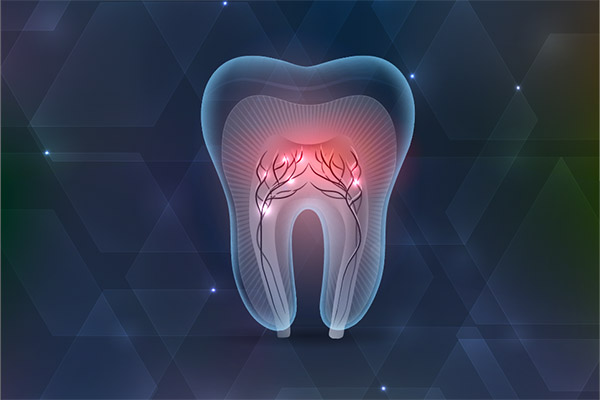Dentures: A Replacement for Missing Teeth

People who are missing one or more teeth can have their natural teeth replaced with dentures. This improves the appearance of teeth and restores the functionality of the teeth.
Replacing your missing teeth with dentures
The type of dentures a dentist will use to replace missing teeth depends on the number of missing teeth they are trying to replace. If their patient is missing a few of their teeth, then the dentist will recommend using partial dentures to replace the missing teeth. If they are missing most or all of their teeth, then a complete denture will be needed to replace all the missing teeth.
What are partial dentures?
Partial dentures come in two forms: Removable partial dentures and fixed partial dentures.
- Removable partial dentures: These dentures consist of replacement teeth that are attached to a gum-colored plastic base. The base is usually connected by a metal framework that holds the denture in place. However, the metal framework that holds the removable dentures in place tends to break, which means the removable partial dentures will likely have to be repaired or replaced frequently
- Fixed partial dentures: These partial dentures cannot be removed once they have been put in the mouth. They are held in place by dental implants, which serve as the anchor the artificial teeth are attached to. The dental implants that hold the dentures in place make them more durable, allowing patients to wear them for a long time without having to replace them
Complete dentures
There are two types of complete dentures: Conventional complete dentures and the immediate complete dentures.
- Conventional dentures: These are made after all the teeth in the mouth have fallen out or have been extracted and the gum tissue has healed. This means they cannot be placed in the mouth until eight to 12 weeks after the teeth have been removed
- Immediate dentures: These are made before the remaining teeth are removed and can be put in the mouth as soon as the teeth are removed. Most people opt for immediate dentures because they will not have to be without teeth during the healing period. However, it is also a disadvantage because they require more adjustments to fit properly during the healing process. That is why dentists often use them temporarily until the conventional dentures are ready
Are dentures uncomfortable?
People getting dentures for the first time may feel a little odd for a few weeks. That is only until the muscles in the cheeks and tongue learn how to keep them in place and the patient gets comfortable removing and putting them in the mouth.
There might also be some slight irritation or soreness when people start wearing dentures. But, that will diminish once the patient is used to them.
Do dentures have to be worn all the time?
Dentists will tell their patients how long they have to wear their dentures every day. In the beginning, they might have to wear them all day long to identify the areas on the denture that may need adjustment. Once the final adjustments have been made, the patient will be told to remove the dentures before going to bed.
Conclusion
Dentures provide a cheap and effective way to replace missing teeth without having to undergo an invasive procedure. If you have missing teeth and want to get them replaced, then talk to your dentist about replacing them with dentures.
Request an appointment here: https://www.drelloway.com or call Randal S. Elloway DDS, Inc at (530) 527-6777 for an appointment in our Red Bluff office.
Check out what others are saying about our services on Yelp: Read our Yelp reviews.
Related Posts
Root canal treatment is performed to prevent and treat infection in a tooth’s pulp. The term “pulp” refers to the soft tissues housed in a tooth’s pulp chamber. This is the innermost layer of a tooth’s crown, and it is sealed off from the rest of a tooth to prevent oral bacteria and the acids…
If you recently found out that you need to undergo a root canal treatment, you will need to visit a dentist with expertise in the procedure. Many people believe that their dentist is a one-stop shop for all their dental requirements. But this is not always the case. This article contains tips for selecting the…
A dental crown can restore a damaged, worn, or weakened tooth. This restoration can bring back your healthy smile and stable dental function. Knowing the benefits of dental caps can motivate you to set an appointment soon. Here are the benefits of a dental crown that you must consider.Losing a tooth can be annoying, especially…
Your dentist will recommend a root canal treatment to help you keep your damaged tooth. A natural tooth will always be better than a synthetic one. This treatment will restore the appearance of your tooth. If you want to know how a root canal treatment can maintain the natural look of your affected tooth, here…


